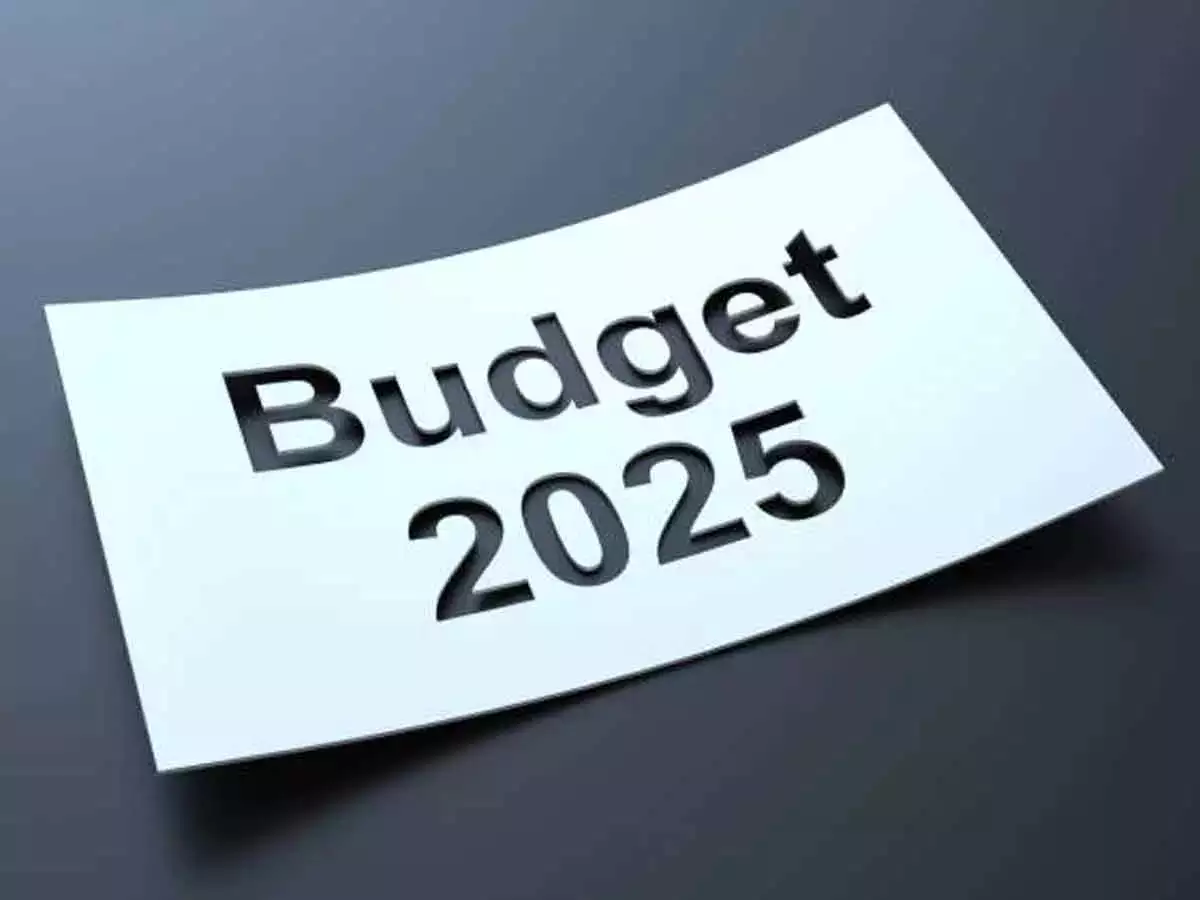Simplifying Taxation: A New Approach by CBDT

The Central Board of Direct Taxes (CBDT) is undergoing a significant transformation. With a renewed focus on simplification and building trust with taxpayers, the CBDT aims to enhance the overall tax experience in India. In a recent interview, CBDT Chairman Ravi Agrawal expressed confidence in maintaining robust direct tax revenues, despite economic uncertainties. This article delves into the key insights from Agrawal’s interview, highlighting the changes in taxpayer engagement, revenue expectations, and the upcoming reforms in tax legislation.
A Positive Shift in Taxpayer Engagement
The CBDT’s recent initiatives reflect a shift towards a more positive relationship with taxpayers. Agrawal noted that the latest budget has been well-received, with taxpayers expressing satisfaction. He emphasized that a happy taxpayer leads to a happy tax department. This sentiment is crucial, especially in times of economic uncertainty.
The budget has introduced a significant relief of Rs 1 lakh crore, which Agrawal believes will positively impact the economy. With a target of Rs 22.37 lakh crore in direct tax revenue for the year, the CBDT is optimistic about meeting its goals. The increase in the number of taxpayers, now estimated at around 3 crore, is a promising sign. Agrawal explained that the relief provided in the budget will stimulate business growth, leading to increased salaries and, consequently, higher tax revenues.
This proactive approach marks a departure from the adversarial stance often associated with tax administration. The CBDT is now focused on fostering trust and communication with taxpayers, aiming for a collaborative relationship that benefits both parties.
Revenue Expectations Amid Economic Challenges
Despite the prevailing economic slowdown, Agrawal remains optimistic about revenue generation. He pointed out that the relief provided in the budget is expected to stimulate economic activity. The anticipated growth rate of 15% this year, compared to the budget target of 12.46%, indicates a healthy margin for revenue collection.
Agrawal explained that the tax department’s role is to support economic growth rather than merely collect revenue. He emphasized that tax revenue is a derivative of economic activity. Therefore, a thriving economy will naturally lead to increased tax buoyancy. This perspective marks a significant change in the CBDT’s approach, moving from a focus on scrutiny to one of support and facilitation.
The chairman’s confidence is rooted in the belief that as businesses grow and salaries increase, tax revenues will follow suit. This interconnectedness between economic growth and tax collection is central to the CBDT’s strategy moving forward.
Simplification of Tax Laws
One of the most notable changes on the horizon is the proposed revamp of the Income Tax Act. Agrawal highlighted the need for simplification in tax legislation, which has remained largely unchanged since 1961. The current language and presentation of the Act can be complex and confusing for taxpayers.
The upcoming changes aim to rephrase sections of the Act in simpler, more user-friendly language. This initiative is designed to enhance clarity and reduce litigation, making compliance easier for taxpayers. Agrawal believes that a clearer understanding of tax provisions will encourage more individuals to file returns and comply with tax regulations.
The CBDT’s commitment to simplification is a crucial step towards creating a more accessible tax system. By reducing the size of the tax code and making it more comprehensible, the department hopes to foster a culture of compliance and trust among taxpayers.
Observer Voice is the one stop site for National, International news, Sports, Editor’s Choice, Art/culture contents, Quotes and much more. We also cover historical contents. Historical contents includes World History, Indian History, and what happened today. The website also covers Entertainment across the India and World.

